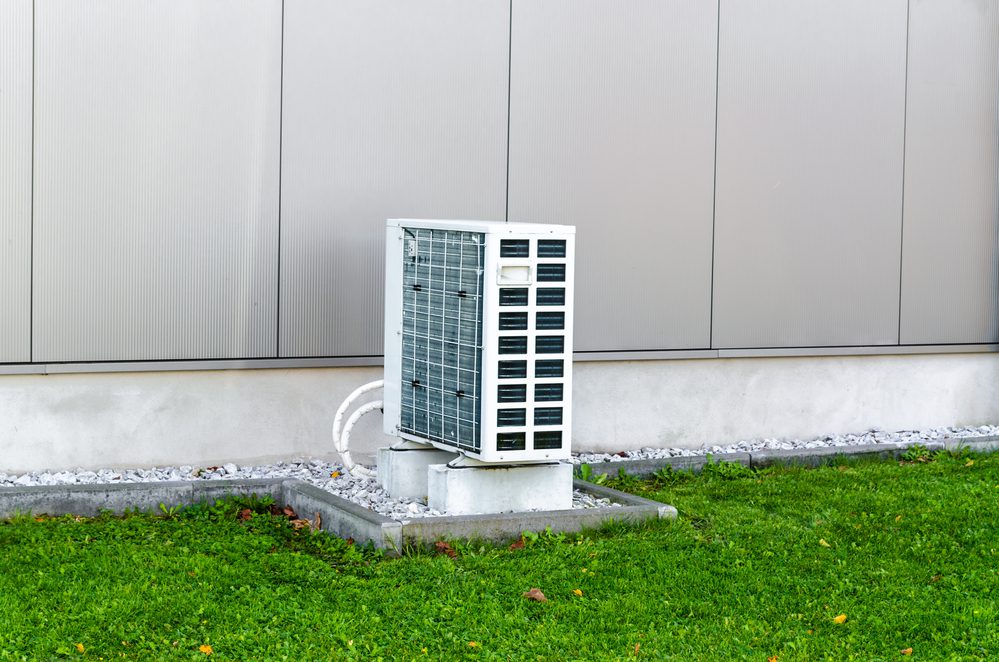Water Filtration
Air Purification
Insulation
Generators
Currently, many home heating systems aren’t particularly environmentally friendly. They use gas, electricity, or oil to heat homes. Electricity, for example, often runs on coal or other fossil fuels. However, new technologies are being developed that can help make HVAC systems more environmentally friendly.
In 2018, half of American households used natural gas for heating during the winter, while forty percent used electricity and the last ten percent was split evenly between oil and propane, according to the Office of Energy and Carbon Management. Those who use electricity for their heating needs are indirectly using natural gas because 99% of power plants use natural gas to generate electricity, per the U.S. Energy Information Administration. Natural gases, coal, and oil are non-renewable resources and even if concerns about the environment weren’t an issue, eventually new sources of energy will need to be used as these resources run out.
In order to combat the reliance on finite resources as well as make heating more environmentally friendly, researchers are looking into ways that homes can decarbonize their heating systems. Heat pumps can help homes reduce their carbon footprint and move towards net zero emissions.

A heat pump works by pumping heat into a house during the winter months and out of the home in the summer. Heat pumps can either source heat from the ground or the air. Ground-source heat pumps are generally less expensive while still reducing carbon emissions.

A ground-source heat pump is also known as a geothermal heat pump. It transfers heat both out of and into the ground as needed to regulate the temperature inside a building. This type of heat pump typically works with a series of geothermal pipes laid into the ground outside the building.

Air-source heat pumps work similarly to ground-source heat pumps except that instead of pumping heat into or pulling heat out of the ground, the heat pump transfers heat to and from the air instead.
Heat pumps themselves use electricity to run instead of directly consuming natural gas, oil, or coal. This can help to reduce emissions, especially if the power plant the pump draws electricity from uses a more sustainable source of energy. Even if the electrical grid runs off of non-sustainable energy sources, heat pumps tend to reduce the amount of electricity needed to heat or cool a home.
In the United States, many electrical power stations still use non-renewable energy. Countries that already power their electrical grids with more renewable sources of energy may see more immediate emissions reductions from using heat pumps. In the United States, installing heat pumps could reduce emissions in tandem with moving towards more sustainable sources of electrical energy.

On top of the potential environmental benefits, heat pumps can save homeowners money on their energy bills. Homeowners could save up to 70% on their cooling and heating bills, depending on where they live, how much their energy bills cost before, and what type of heating and cooling system they used previously. For some homeowners, this could be as much as $1200 per year.
Heat pumps work best in warmer climates. In colder areas, a heat pump may not be enough to fully heat a home on its own and might need to be combined with another source of heat. In warmer locations like Florida, for example, a heat pump could supply sufficient heating for the winter because temperatures aren’t likely to drop below zero.

Heat pumps aren’t just for residential homes. Commercial buildings can also use heat pumps to reduce energy bills and to reduce carbon emissions. Both air-source and ground-source heat pumps are popular options for commercial buildings.
Contact us for all your HVAC needs.